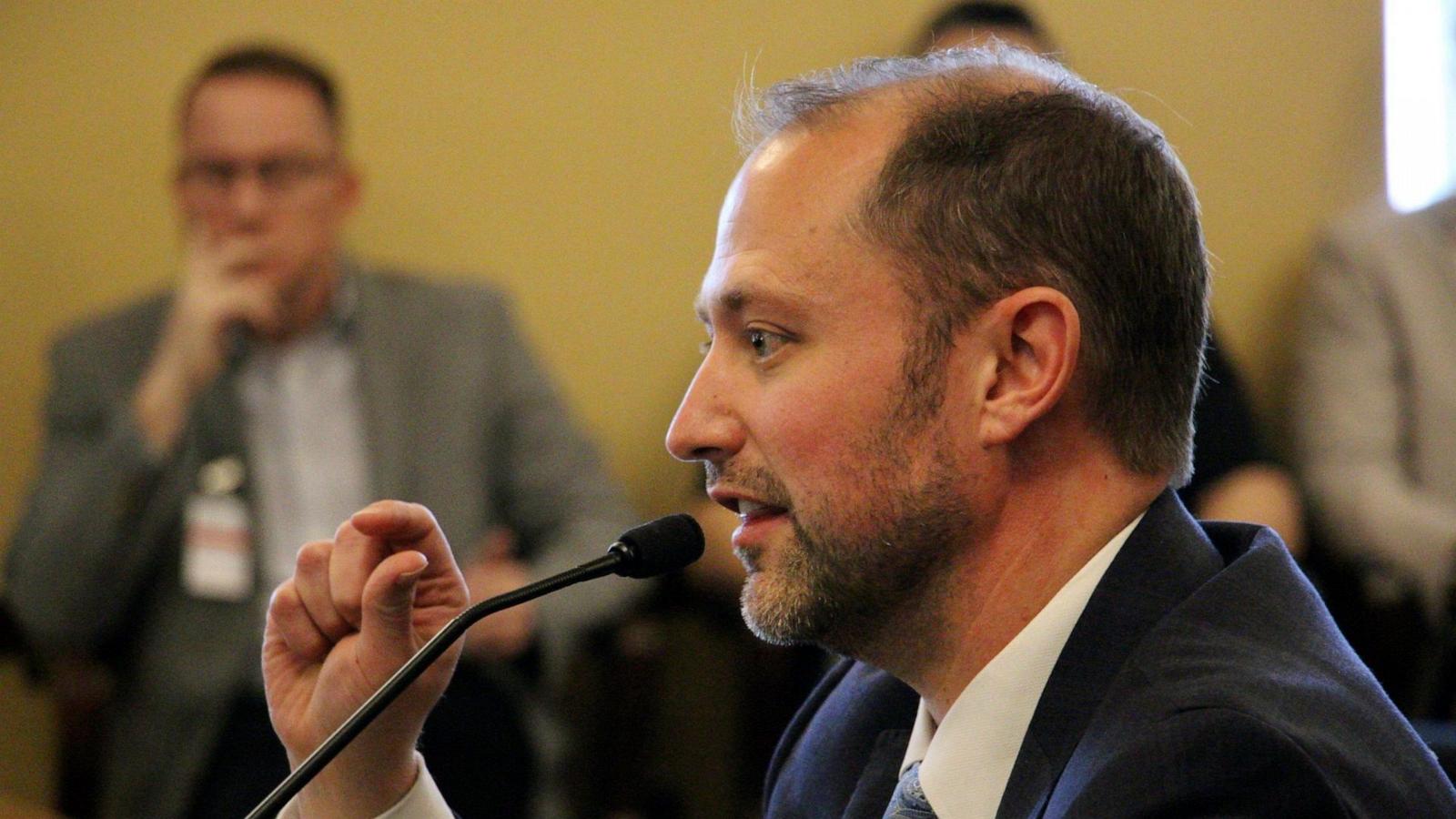Utah Lawmakers Seek to Restrict Public Sector Unions: A Controversial Move
Get ready to be shocked! Utah is on the brink of enacting one of the strictest labor laws in the entire nation, leaving many workers wondering what this means for their future. This proposed legislation, spearheaded by Republicans, could significantly impact public sector unions and reshape the employment landscape for teachers, transit workers, law enforcement personnel, and more. It's a battle that's drawing significant attention and sparking intense debate across the state.
Collective Bargaining: Under Attack in Utah?
The heart of the controversy lies in the proposed ban on collective bargaining for all public sector employees. This means no more negotiations between unions and employers regarding wages, working conditions, or benefits. Imagine losing your ability to collectively advocate for improved working standards! For many educators, who rely heavily on collective bargaining, this bill feels like a direct attack on their ability to voice their concerns. The Utah Education Association is expressing fierce opposition, citing severe negative impacts across every legislative district. This raises questions: What are the potential long-term effects of eliminating this crucial negotiating mechanism? What avenues remain for workers to voice their concerns without collective bargaining?
The Impact on Educators
Teachers have consistently been among the most vocal opponents of certain Republican policies. Their unions are often critical of proposals that affect educational diversity, inclusion programs, school choice, and policies concerning transgender students. Critics argue that eliminating collective bargaining is a way to weaken the voice of those educators who challenge these policies.
Many teachers view this bill as a way to restrict their influence and power, impacting their ability to create a better learning environment for students. Their opposition isn't just about personal benefit; it's about creating an optimal education experience for their students and shaping the overall landscape of their professions. The debate transcends personal opinions and impacts the very future of education in Utah.
A Republican Push: Silencing Dissent?
The justification behind this legislation is that it would create an environment of inclusivity where everyone, even those who oppose union views, have an equal voice. Proponents say that the current system allows union representation only while disregarding the views of non-union workers. However, critics strongly oppose the notion that only conservative perspectives matter. It's worth considering whether this argument truly addresses inclusivity, or rather silences those who oppose this GOP agenda.
What does it mean for other sectors?
This potential law is not limited to educators. Law enforcement, transit workers, and many other vital public services are also at stake. Will their ability to collectively bargain for better safety standards, fair pay, and improved work conditions disappear? Such changes potentially have large-scale effects on public services provided in Utah, affecting safety standards for law enforcement officers and worker satisfaction in other areas. Will this bill actually empower workers, or it will significantly decrease their rights and safeguards?
Is this Really Fair?
Proponents say the proposed bill would enable direct communication between employers and individual employees, leading to more effective handling of concerns. But the opposition points to examples of similar bills in North and South Carolina and questions their true impact. Critics ask how a state without effective unions and avenues for fair negotiation can actually better accommodate individual concerns. These states currently have some of the lowest percentages of union workers in the country. This raises critical questions regarding the long-term effectiveness of these proposals for truly supporting the needs of individual workers. What other potential impacts on Utah workers need to be taken into account? Can other alternatives achieve a better outcome for all workers?
Concerns Raised by Firefighters
This bill isn't just upsetting teachers and other public servants; even firefighters are showing great concerns. They fear losing crucial negotiating power which enables them to address critical worker safety and their ability to advocate for equipment upgrades and improved safety protocols without union support. The firefighters of Utah are also expressing extreme worry over the impacts that this potential law can have on the well-being of their profession.
Take Away Points
The proposed ban on collective bargaining in Utah is a contentious issue with far-reaching consequences. It's a complex issue with various perspectives and potential repercussions for public workers across diverse sectors. The future implications of these far-reaching changes are difficult to determine in such a fast-paced political climate, but some points to consider involve: the strength of individual worker voices compared to a collective group's strength; the impact of union influence; the concerns and well-being of state-employed workers across multiple sectors and public safety issues. This ongoing political drama undoubtedly warrants careful consideration and open dialogue across Utah and far beyond.









